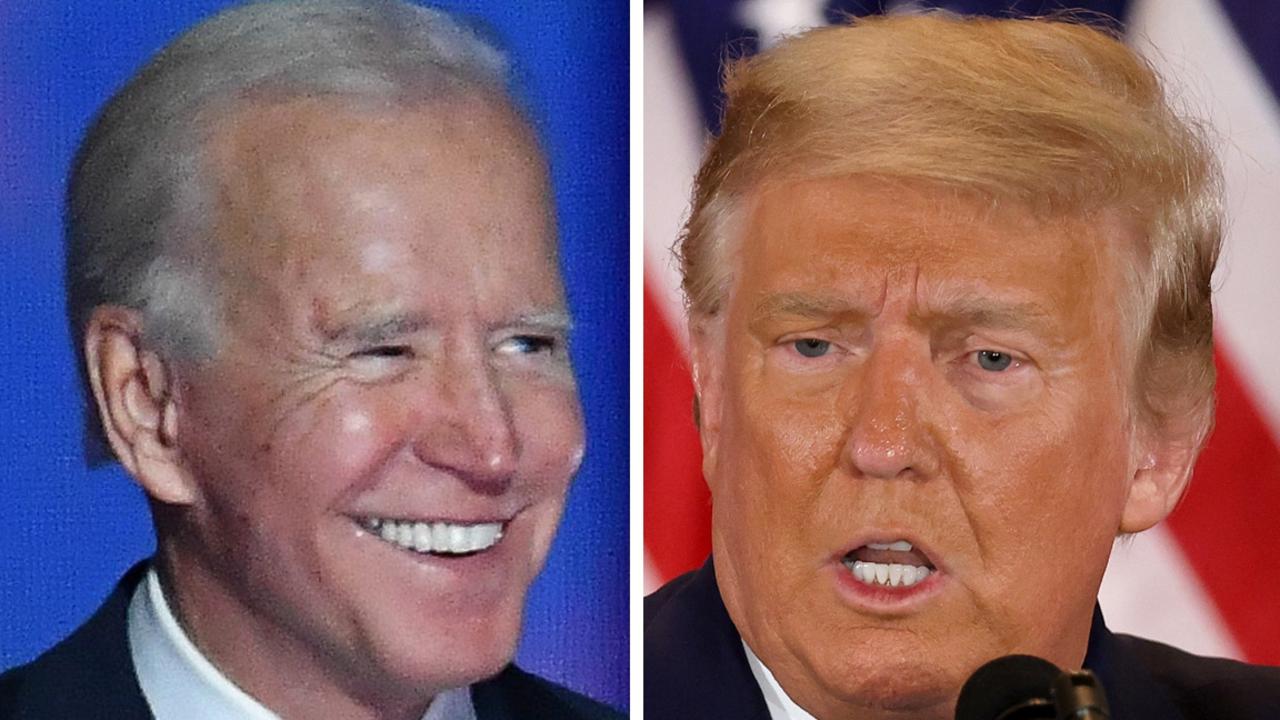Eurozone inflation rose to a record high of 10.7 percent in October, keeping pressure on the European Central Bank to keep raising interest rates despite a sharp slowdown in growth in the third quarter.
Consumer price growth in the eurozone accelerated from 9.9 percent in September, already the highest rate in the euro’s 23-year history.
The latest high, reported on Monday by the European Commission’s statistics office Eurostat, also beat the 10.2 percent expected by economists polled by Reuters. It was the 12th month in a row that inflation hit a record high in the eurozone, pushing it more than five times to the ECB’s 2 percent target.
Klaus Vistesen, an economist at Pantheon Macroeconomics, said the latest inflation figures were “a real Halloween nightmare for the ECB”.
Real interest rates in the region remain in negative territory. Last week, the central bank raised its key rate by 0.75 percentage point to 1.5 percent to tackle “too high” inflation and said further hikes were likely, despite signs that the euro zone was on the edge of recession.
Data on gross domestic product, published on Monday by Eurostat, were confirmed the growth of the eurozone slowed in the third quarter, increasing 0.2 percent from the previous quarter. The figure was in line with expectations, but marked a slowdown from 0.8 percent growth in the previous quarter.
Growth picked up slightly in Germany, but France, Italy and Spain reported sharp slowdowns.
Ken Wattret, head of European analysis and insights at S&P Global Market Intelligence, predicted that “winter energy-related economic activity constraints” would lead to a “short but sharp recession”, with eurozone GDP contracting by 1 percentage point between the last three months of this year and the first quarter of next year.
Investors interpreted ECB President Christine Lagarde’s comments last Thursday that he had made “substantial progress” in tightening monetary policy and that a recession was “looming much more on the horizon” in a sign that the central bank may soon begin to slow the pace of rate hikes.
Since then, however, the ECB has sought to distance itself from the idea that it is approaching a “dovish turn”, with Lagarde telling Irish broadcaster RTE’s The Late Late Show on Friday night that “defeating inflation is our mantra, our mission, our mandate.”
Monday’s growth was stronger than expected eurozone inflation — despite a sharp drop in wholesale energy prices in recent weeks — the ECB is likely to find it harder to consider slowing or ending monetary tightening in the near term.
Klaas Noth, the governor of the Netherlands’ central bank, who sits on the ECB’s rate-setting governing board, told a Dutch TV show Buitenhof on Sunday that it was “possible” that it could raise rates by 0.75 percentage points for a third consecutive December, despite a recession “becoming more and more likely.”
Eurostat reported that energy prices rose by 41.9 percent in October compared to 40.7 percent in the previous month. Prices for food, alcohol and tobacco rose by 13.1% against 11.8% in September.
Closely tracked core inflation, which strips out more volatile energy and food prices to give economists a clearer picture of price pressures, rose 5 percent from 4.8 percent in September.
Eleven of the 19 countries in the euro zone had double-digit inflation, and three Baltic countries had inflation above 20 percent. However, inflation slowed down in almost half of the bloc’s member countries.
Economists expect the eurozone to slip into recession next year as a sharp rise in the cost of living pushes households to cut spending, while sharply higher energy costs force industrial groups to cut or halt production across Europe.
The US economy outpaced many of Europe’s biggest economies with quarterly growth of 2.6 percent between July and September, while China reported quarterly growth of 3.9 percent.
This article is first published on Source link


